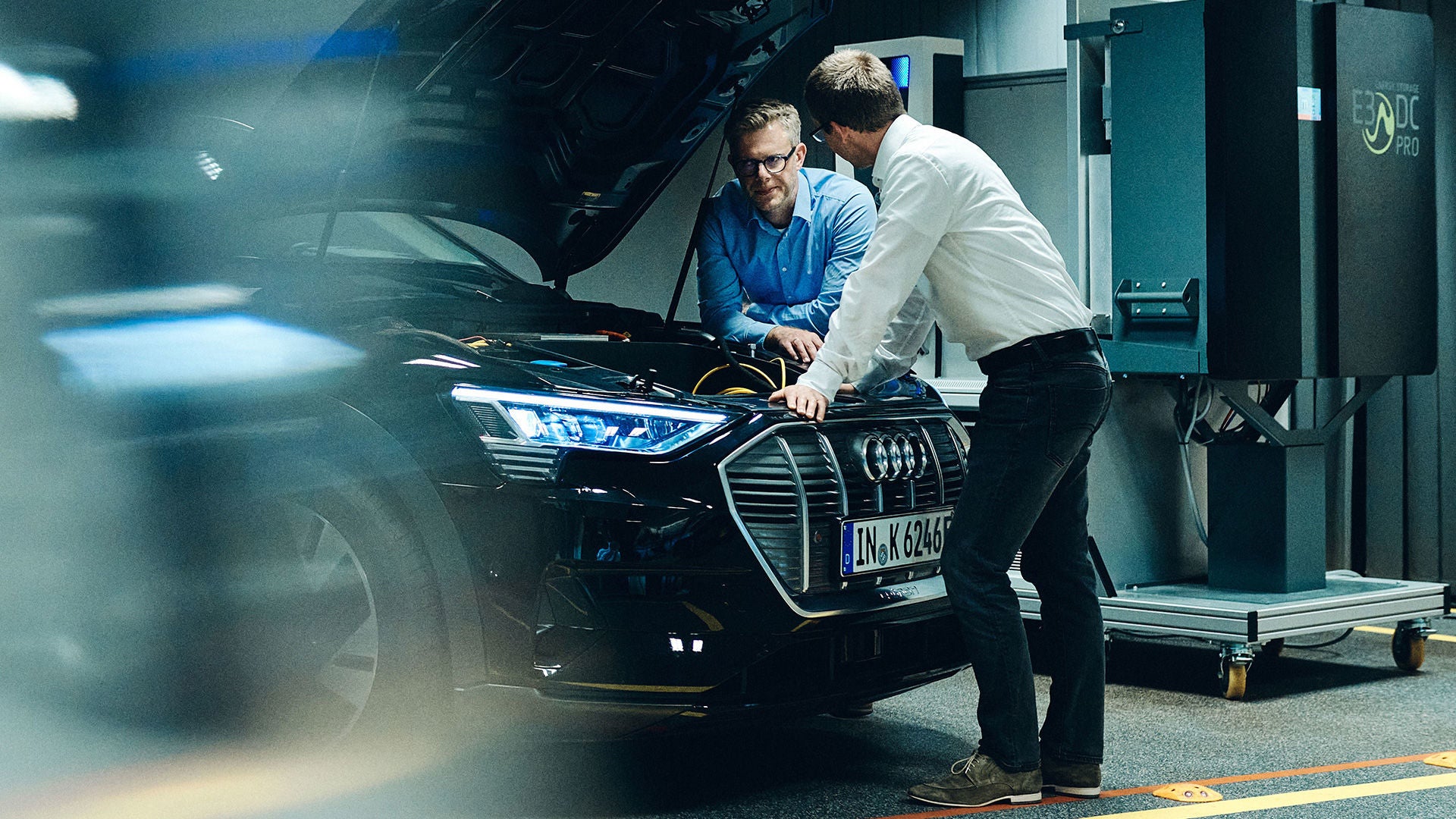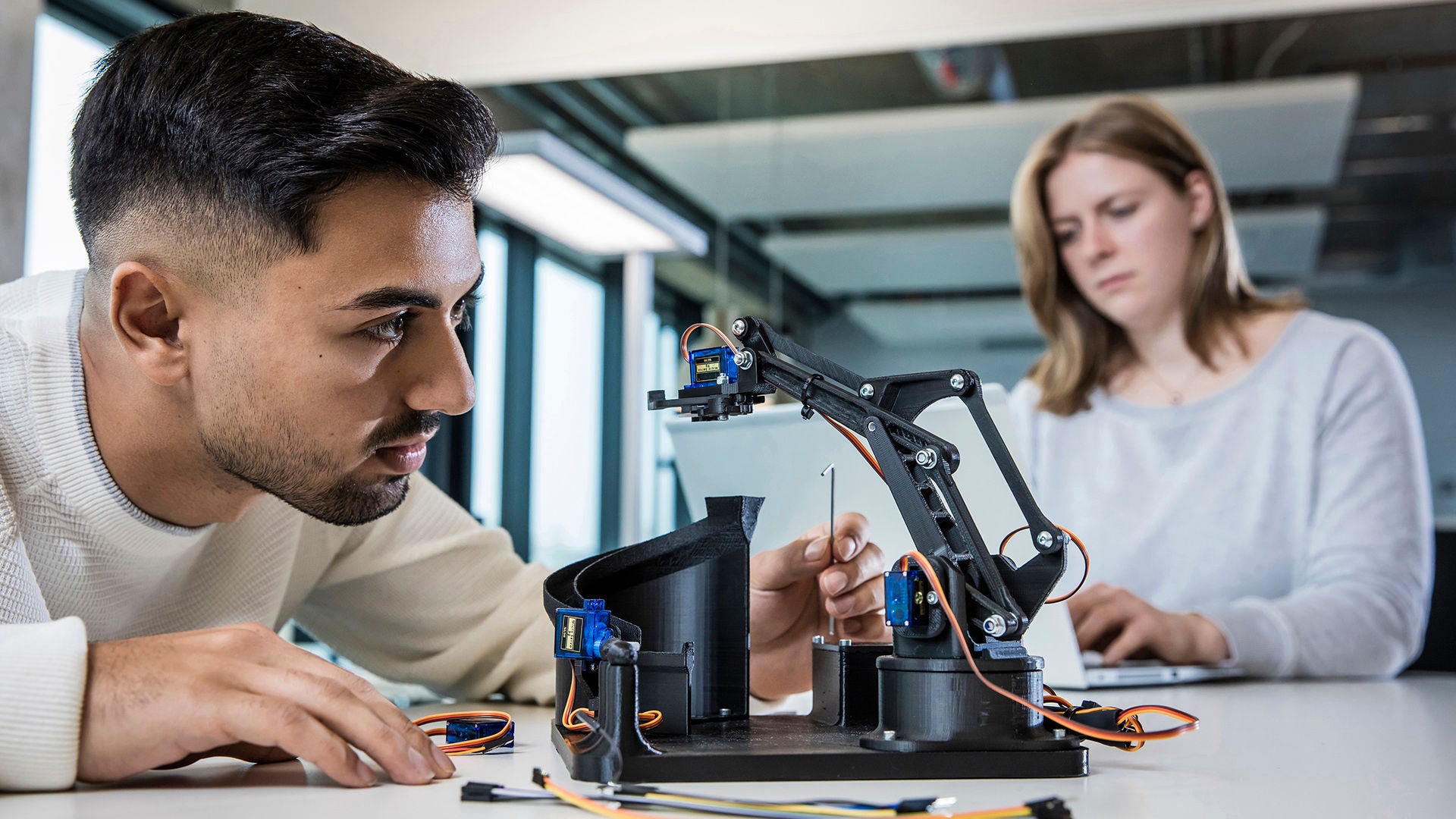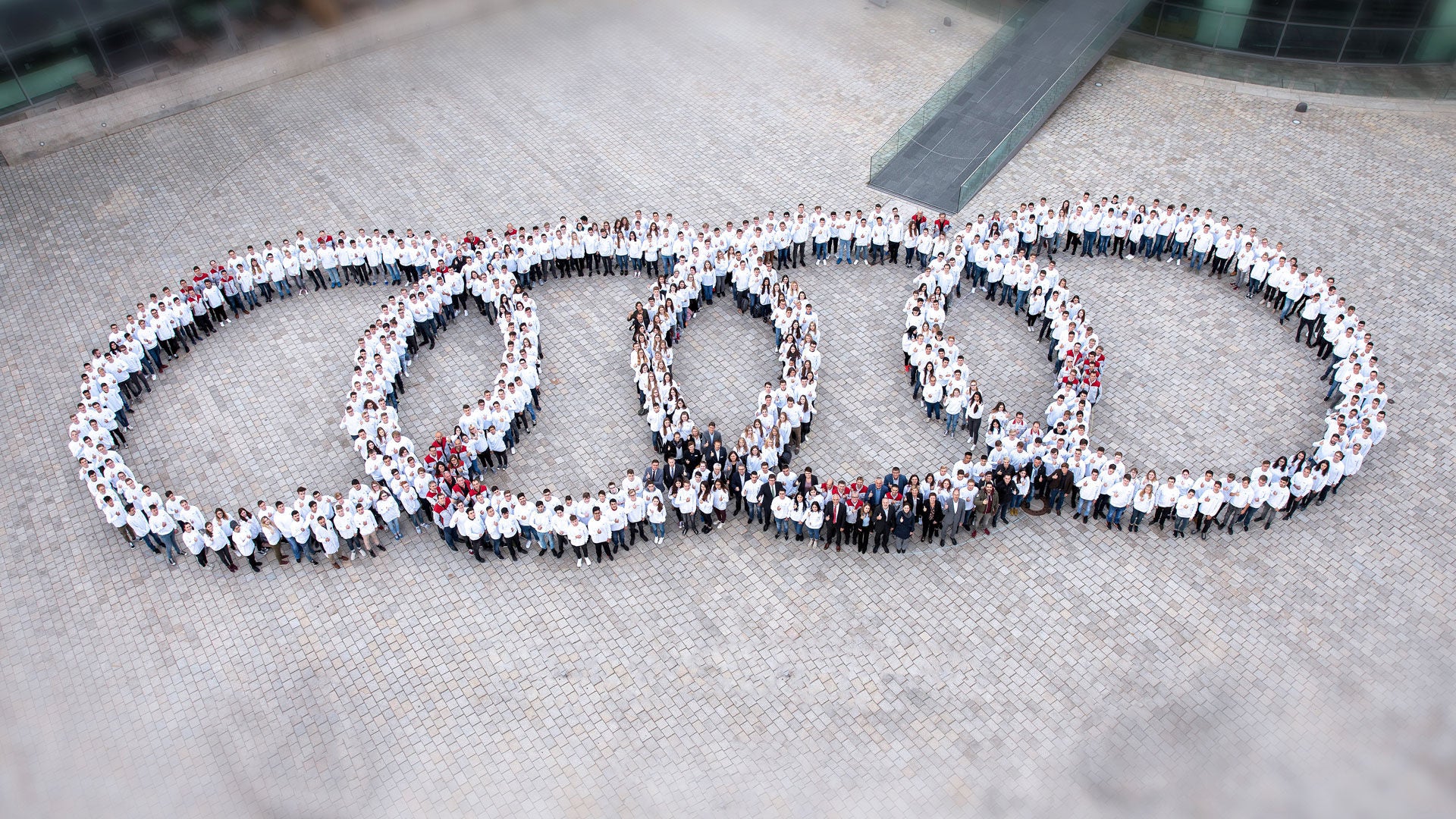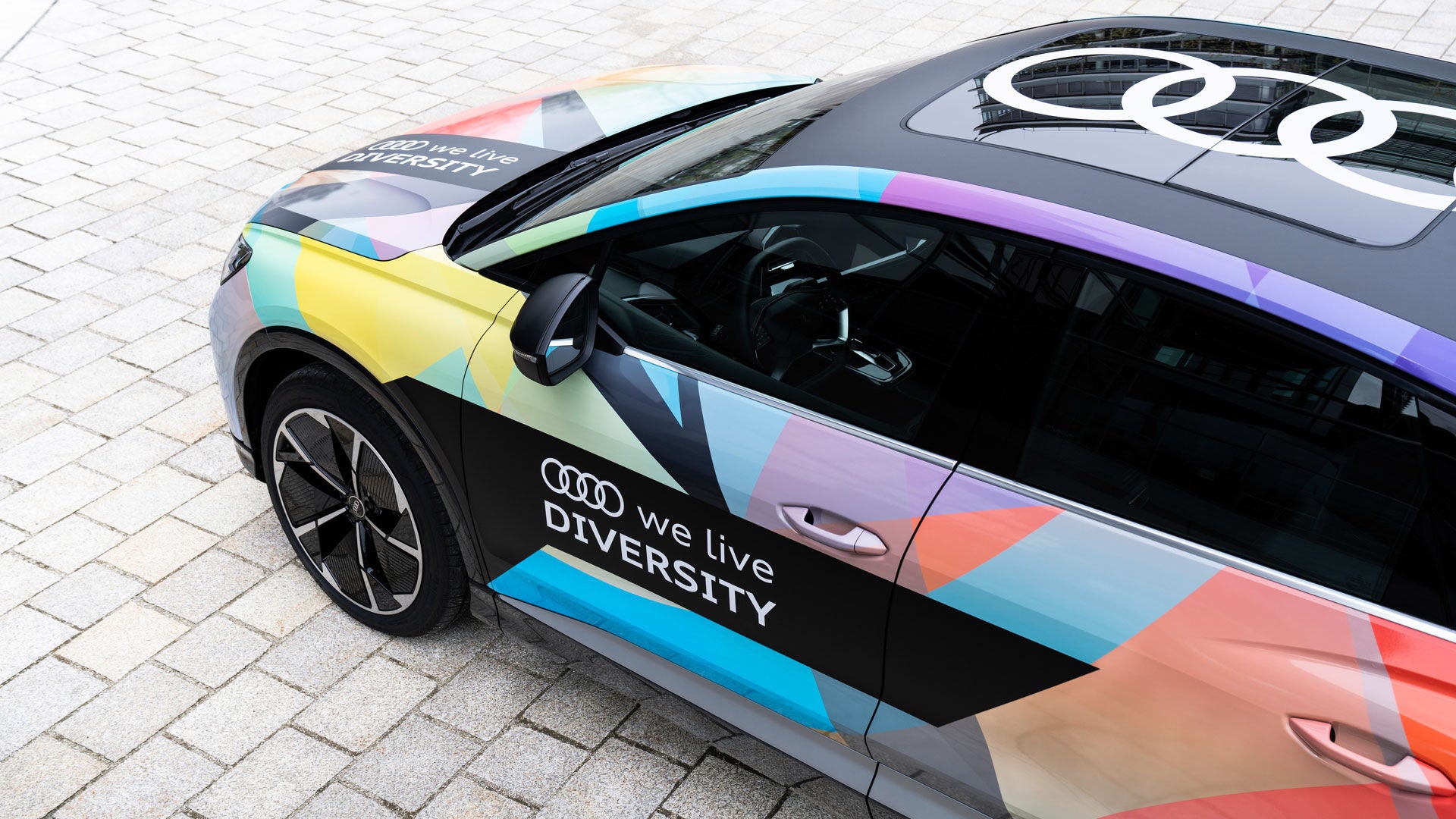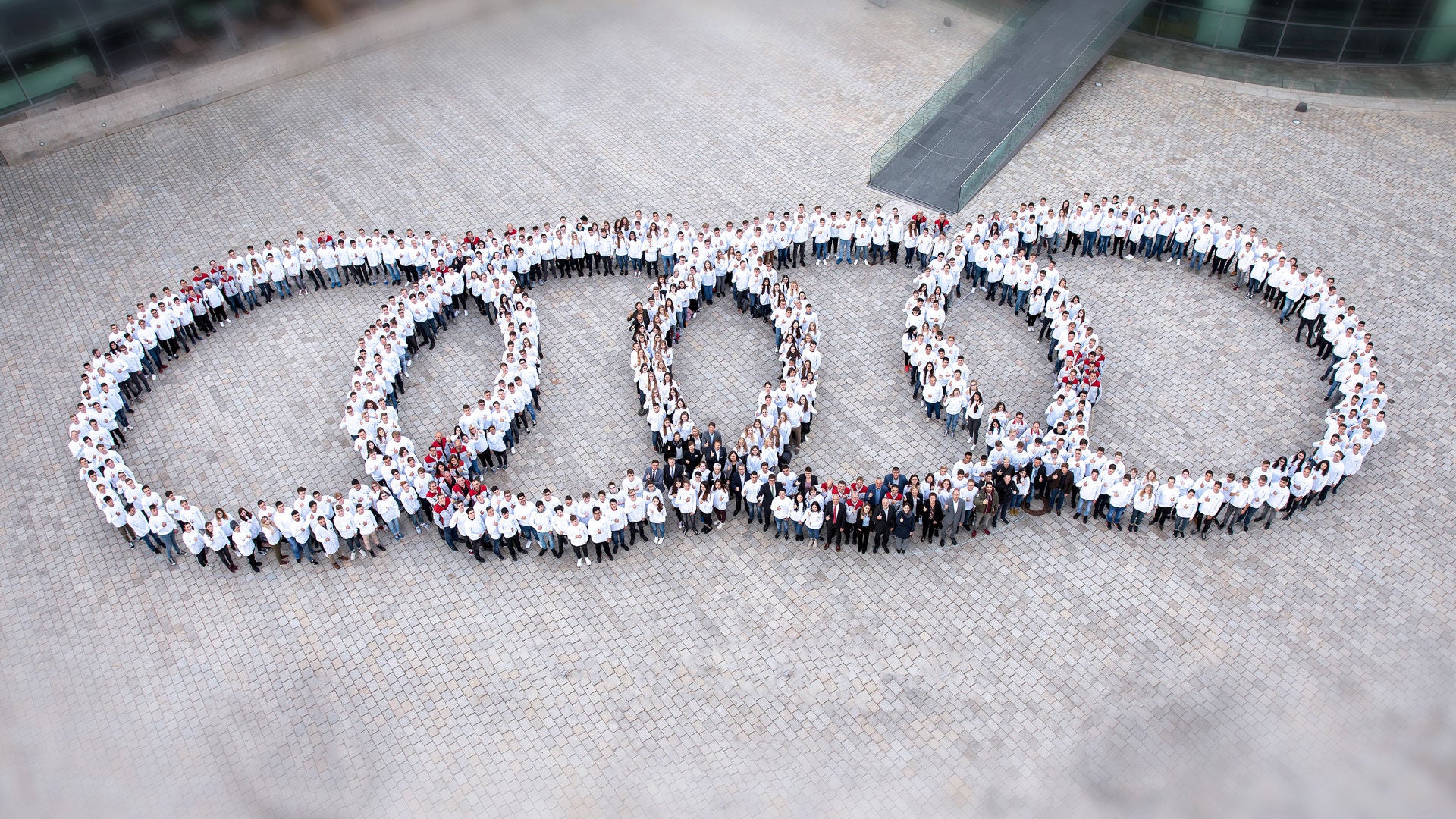
Employees & corporate culture
Audi always keeps people, with all of their facets, in focus. In doing so, the company keeps an eye on many different areas – for example, the changing working world, work-life balance, the desire for lifelong learning, or occupational health and safety.
